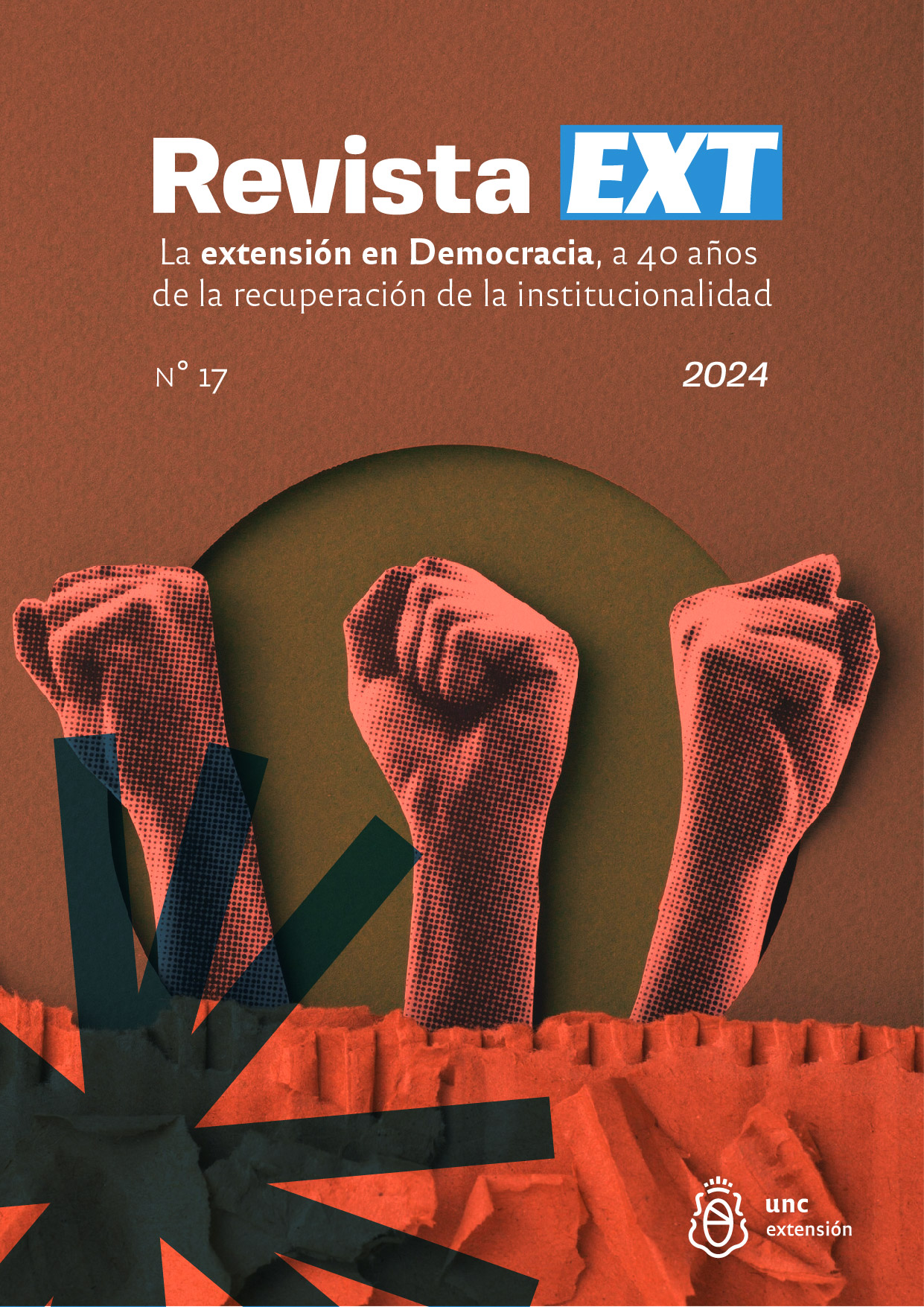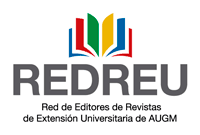Democratic governments and state organizations: a dyad of change
Keywords:
quality of life; innovation; change; state organizationAbstract
This article presents some reflections on the work carried out by a team of psychologists specialized in work and organizations in the "Service in Innovation, Sustainability and Quality of Life in Organizations". The analysis focuses on a particular intervention which began in November 2021. The case allows us to explain the impact that a change of democratic government has on a state organization, which interfered with the outreach experience and led to its abrupt termination. In the process of decision making, two opportunities were identified: on the one hand, the opportunity to systematize an intervention that concluded suddenly, with the future of democracy as its context and text simultaneously; on the other hand, the possibility to provide a conceptual framework for the actions that were carried out in response to the demands for the transfer of specific technical knowledge. To this end, the development focuses on three organizing axes: i) organizational culture and the associated health and discomfort processes, ii) operating discourses, and iii) organizational changes. Lastly, some final reflections are presented in order to link democracy with the management of state organizations and the health of their workers in the framework of the outreach experience.
Downloads
References
Altschul, C. (2002). Estar de paso. Roles y competencias del consultor. Editorial Granica.
Altschul, C. (2003). Intervenir, transformar. En C. Altschul y R. Carbonell (Comp.). Transformando. Eudeba.
Altschul, C. (2010). Restablecer confianza. Pequeñas historias de éxito a través de la palabra (15-34). Editorial Granica.
Castel, R. (2010). El ascenso de las incertidumbres: trabajo, protecciones, estatuto del individuo. Fondo de Cultura Económica.
Clot, Y. (2009). Trabajo y sentido del trabajo. En P. Falzon, Manual de Ergonomía (1-9). ¿Modus Laborandi; Fundación MAPFRE.
Dall'Asta, C., & Gutiérrez, M. I. (2016). Evaluación académica y salud de los trabajadores de la docencia universitaria. VIII Congreso Latinoamericano de Estudios del Trabajo (págs. 1-21). Facultad de Psicología, Universidad Nacional de Córdoba.
Escalada, R. (2011). La incidencia del liderazgo en la estructuración de la toma de decisión y la confianza en las organizaciones. En J. C. Zanalli, N. Silva, S. da Rosa Tolfo (Ed.). Processos psicossociais nas organizações e no trabalho. Editorial Casapsi Livraria e Editora Ltda, Brasil.
Etkin, J. R. y Schvartein, L. (2005). Identidad de las organizaciones: invariancia y cambio. Paidós.
Luhmann, N. (1997). Organización y decisión. Autopoiesis, acción y entendimiento comunicativo. Anthropos.
Schlemenson, A. (2007) Remontar la crisis. El desenvolvimiento de las organizaciones en su contexto. Ed. Granica
Downloads
Published
Issue
Section
License
Copyright (c) 2024 Secretaría de Extensión Universitaria

This work is licensed under a Creative Commons Attribution-NonCommercial-ShareAlike 4.0 International License.
Aquellos autores/as que tengan publicaciones con esta revista, aceptan los términos siguientes:
- Los autores/as conservarán sus derechos de autor y garantizarán a la revista el derecho de primera publicación de su obra, el cuál estará simultáneamente sujeto a la Licencia de reconocimiento de Creative Commons que permite a terceros compartir la obra siempre que se indique su autor y su primera publicación esta revista.
- Los autores/as podrán adoptar otros acuerdos de licencia no exclusiva de distribución de la versión de la obra publicada (p. ej.: depositarla en un archivo telemático institucional o publicarla en un volumen monográfico) siempre que se indique la publicación inicial en esta revista.
- Se permite y recomienda a los autores/as difundir su obra a través de Internet (p. ej.: en archivos telemáticos institucionales o en su página web) después del proceso de publicación, lo cual puede producir intercambios interesantes y aumentar las citas de la obra publicada. (Véase El efecto del acceso abierto).





